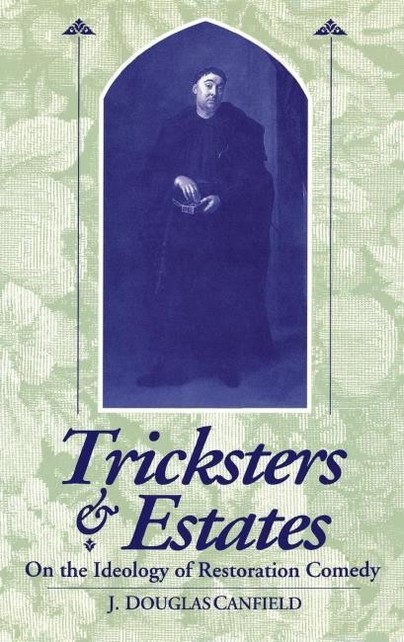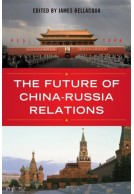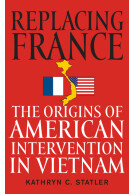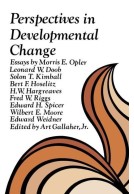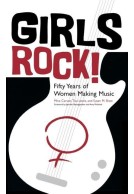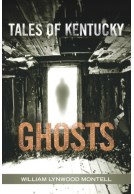Tricksters and Estates (Hardback)
On the Ideology of Restoration Comedy
Imprint: University Press of Kentucky
Pages: 328
Illustrations: illus
ISBN: 9780813120126
Published: 20th March 1997
Script Academic & Professional
Pages: 328
Illustrations: illus
ISBN: 9780813120126
Published: 20th March 1997
Script Academic & Professional
This book will be reprinted and your order will be released in due course.
You'll be £32.00 closer to your next £10.00 credit when you purchase Tricksters and Estates. What's this?
+£4.99 UK Delivery or free UK delivery if order is over £40
(click here for international delivery rates)
Need a currency converter? Check XE.com for live rates
(click here for international delivery rates)
Need a currency converter? Check XE.com for live rates
If the Renaissance was the Golden Age of English comedy, the Restoration was the Silver. These comedies are full of tricksters attempting to gain estates, the emblem and the reality of power in late feudal England. The tricksters appear in a number of guises, such as heroines landing their men, younger brothers seeking estates, or Cavaliers threatened with dispossession. The hybrid nature of these plays has long posed problems for critics, and few studies have attempted to deal with their diversity in a comprehensive way. Now one of the leading scholars of Restoration drama offers a cultural history of the period's comedy that puts the plays in perspective and reveals the ideological function they performed in England during the latter half of the seventeenth century.
To explain this function, J. Douglas Canfield groups the plays into three categories: social comedy, which underwrites Stuart ideology; subversive comedy, which undercuts it; and comical satire, which challenges it as fundamentally immoral or amoral. Through play-by-play analysis, he demonstrates how most of the comedies support the ideology of the Stuart monarchs and the aristocracy, upholding what they regarded as their natural right to rule because of an innate superiority over all other classes. A significant minority of comedies, however, reveal cracks in class solidarity, portray witty heroines who inhabit the margins of society, or give voice to folk tricksters who embody a democratic force nearly capable of overwhelming class hierarchy. A smaller yet but still significant minority end in no resolution, no restoration, but, at their most radical, playfully portray Stuart ideology as empty rhetoric.
Tricksters and Estates is a truly comprehensive work, offering serious critical readings of many plays that have never before received close attention and fresh insights into more familiar works. By juxtaposing the comedies of such lesser-known playwrights as Orrery, Lacy, and Rawlins with those of more familiar figures like Behn, Wycherley, and Dryden, the author invites a greater appreciation than has previously been possible of the meaning and function of Restoration comedy. This intelligent and wide-ranging study promises is a standard work in its field.
Other titles in University Press of Kentucky...







